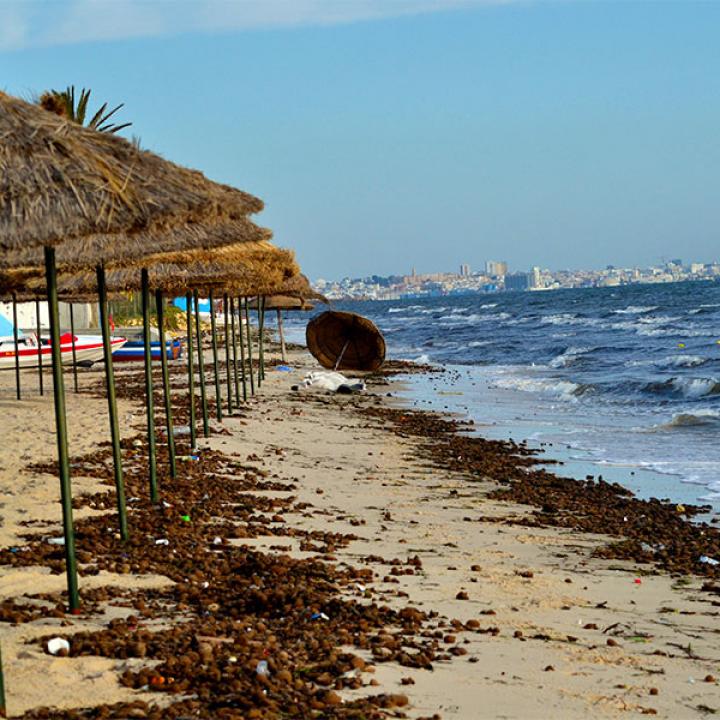

Three summers ago, as a graduate student living in Tunisia, I took a break from my research and spent a long weekend on the beach in a resort town called Hammamet, protected from the hot sun by one of the many colorful umbrellas that dotted the sand. Hammamet sits roughly halfway between Tunis and Sousse, the site of last month's terror. I thought of Hammamet as the images of Sousse -- and its umbrellas -- began streaming in. Reports indicate that the assailant, a young man named Seifeddine Rezgui, used a beach umbrella to conceal an automatic rifle as he strolled the sand in search of tourists to kill. An umbrella is designed to shield its user from the harshness of nature. Evidently Rezgui found a more sinister use, upgrading the nature of harshness in the process.
For Tunisia, whose experiment in democracy is in a fragile stage, the murder of 38 foreign visitors is another, possibly fatal, blow to one of the country's more important economic engines, coming mere months after three gunmen killed twenty-one foreigners and one Tunisian citizen at the Bardo National Museum, a popular tourist destination in the capital. That there were tourists in Sousse this summer was something of a miracle, one that seems all the more remote for the foreseeable future...
The Hill



